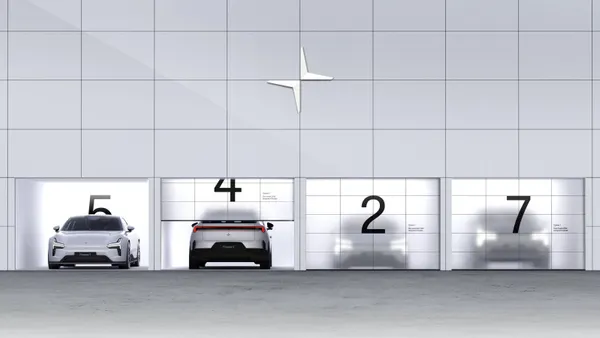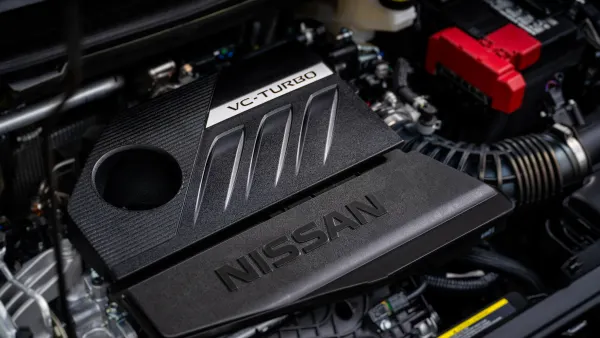Editor's note: This story is part of the WardsAuto digital archive, which may include content that was first published in print, or in different web layouts.
Can automakers and suppliers continue to create, develop and produce innovative new technologies in the face of unexpected COVID-19 delays, disruptions and costs?
At a Wednesday webinar at the Center for Automotive Research’s online Management Briefing Seminars, panelist Frederick Mau, intellectual property counsel-Toyota North America, contends his company’s efforts have been mostly unaffected and even accelerated in some important areas.
“Toyota spends more than $1 million on R&D globally every hour of every day,” he says, adding Toyota ranked first among automakers and 10th among all global companies in U.S. patents issued in 2019, according to recent IPO rankings.
Mau says a new group called Toyota IP Solutions was founded Dec. 18, 2019, in collaboration with the automaker’s Intellectual Property Div. with this somewhat whimsical mission statement: “We are a team of researchers, engineers and scientists with limitless imaginations. We believe in the impossible and harness the power to create the things we cannot yet see. We invent. We innovate. We inspire. Yet our true passion is sharing this knowledge with others.”
He describes IP Solutions as a “cross-company (TMC/TMNA) global platform” for out-licensing Toyota patents and technology, benchmarking and collaborating with third parties, licensing of third-party technologies, further commercialization of Toyota technologies (including beyond automotive) – through establishment, pilot, scale and globalization phases – and creation of processes to support these activities.
“Value comes in many forms,” Mau says. “Our goal is to fully understand the scope and value of our intellectual property assets. Not to do so would be a great disservice to ourselves and the substantial amount of R&D efforts undertaken by Toyota globally.”
IP Solutions’ first four portfolios, he says, were selected from technologies being developed by Toyota North America business units:
- Structural Color – innovative pigment compounds capable of reflecting specific wavelengths of light to create vibrant, deep, lustrous colors across all viewing angles.
- Bioactive Cleaning Materials – innovative compositions of enzymes capable of breaking down organic materials to make stains and spills, including insect bodies, bird droppings, fingerprints and other debris, much easier to remove.
- Thermal Management – novel cooling strategies that can be integrated into power-dense electronics systems to quickly control and dissipate heat.
- Nanomaterial Synthesis – an innovative process to make nanoparticles that were previously difficult and costly to synthesize.
Panel member Boris Shulkin, senior vice president-technology and development, Magna International, says the company “has always partnered with the best and brightest to develop new technology solutions coming from all directions, including from outside the auto manufacturing world.”
That process was formalized several years ago into a long-term strategy. “We are working with multiple partners from technology developers to venture capital investors on key current programs including electrification, autonomy and data for automation,” Shulkin says.
Panel member Tenille Houston, CEO, AutoGuardian by Smartcone, discussed her Ottawa, ON, Canada-based company’s work with cities on “intelligent infrastructure” innovations to create safer intersections and safe autonomous-vehicle routes using both audio and visual warnings to alert pedestrians and cyclists of oncoming vehicles, and vice versa.









